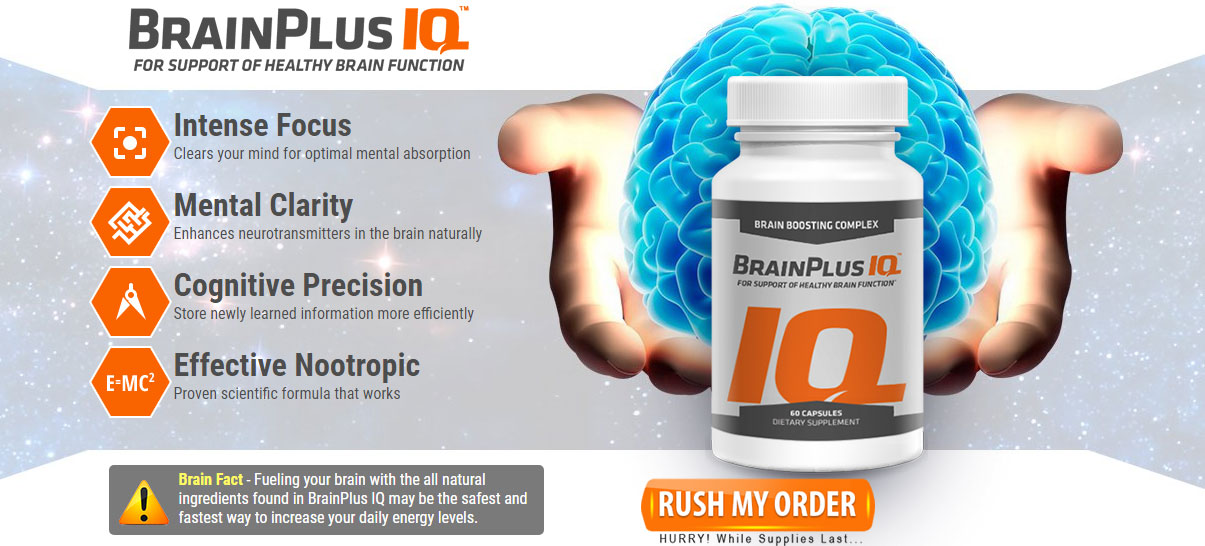Vitamin B12, also known as cobalamin, is an essential nutrient that has many important functions in our bodies. However, Vitamin B12 deficiency is a very common problem, even in the developed world. B12 deficiency is especially common in vegans and vegetarians. Let’s take a look at why Vitamin B12 is important, signs to look for that may help diagnose the deficiency, and how you can fix it if you do.
Biological Roles of Vitamin B12
Vitamin B12 plays several important roles in cellular metabolism. It interacts with multiple different proteins to control enzyme functions. One such enzyme controls gene expression, managing how protein building blocks are created from your DNA code. Other enzymes regulate the metabolism of amino acids, the molecules which make up proteins, and fatty acids.1
Folate and homocysteine metabolism
Vitamin B12 is necessary for certain enzymes to function. This includes the enzyme that converts folate (another important B-vitamin) into its active form and the enzyme that converts homocysteine into the amino acid methionine, an important protein building block. Some people have a mutation in the MTHFR gene, which encodes the enzyme that produces an intermediate form of folate. People with this mutation need to consume extra Vitamin B12 so they don’t develop a folate deficiency or excess homocysteine.2
Nervous system
The neurons in your brain and nerves are especially dependent on Vitamin B12. Neurons are long, delicate, slow to grow, and important for controlling all of your body’s functions. Vitamin B12 is involved in the production of myelin, a special protective coating that surrounds your neurons and keeps them safe.
Blood cell production
Another type of cell that especially relies on Vitamin B12 are red blood cells, or erythrocytes.Your body produces new blood cells at a rapid rate, and your entire supply of red blood cells is replaced every three months. This requires fast synthesis of new DNA and proteins, which Vitamin B12 helps with.3
Conditions Caused by Vitamin B12 Deficiency
Given the number of roles Vitamin B12 plays in your body, there are many problems that can be caused by a Vitamin B12 deficiency. There are a few more severe disorders in particular that can arise if a Vitamin B12 deficiency is left unaddressed for too long.
Anemia
One of the most common complications that can develop from chronic Vitamin B12 deficiency is anemia. When Vitamin B12 levels are low, DNA and protein synthesis cannot proceed as quickly as normal. This has an impact on cells that replicate quickly, such as blood cells. Generation of erythrocytes slows, resulting in fewer cells and hemoglobin circulating in the bloodstream.3
Neuropathy
Since Vitamin B12 is also important for neuron health, deficiency can cause problems in the nervous system. Disruptions to the myelin sheath can leave neurons vulnerable and can lead to nerve damage and dysfunction. Peripheral neuropathy, spinal column damage, problems with cognition, and dementia can occur as a result. This is particularly harmful to children, who can have problems with neurological development later on if they do not receive enough of this vitamin.4
Warning Signs and Symptoms
There are a number of symptoms you may experience if you have a Vitamin B12 deficiency. While these symptoms may be caused by other factors, having one or more of them may suggest a Vitamin B12 deficiency. If you have been experiencing any of these symptoms, you may want to consider asking your doctor to run a blood test.
Fatigue
Feeling tired, drowsy, or unenergetic is a very common sign of a Vitamin B12 deficiency. These feelings may be related to either anemia, as your brain is receiving less than normal oxygen and nutrients, or to neurological problems from a lack of the vitamin.
Headaches
Frequent headaches are another very common symptom. Like fatigue, headaches may be brought on by problems with blood flow or nerve cell dysfunction.
Muscle weakness
If you have developed peripheral neuropathy (problems in the nerves outside the brain or spinal cord), due to a lack of Vitamin B12, you may notice it in your muscles most of all. This is because your brain is not able to send or receive messages to and from your muscle cells as efficiently. As a result, your muscles may feel weak, shaky, or tired. You may also have problems with coordination.
Mental health changes
Changes to neural circuitry can stem from Vitamin B12 deficiency. This can cause mood disorders to develop. Mental conditions such as depression, anxiety, or even psychosis in severe cases, can be indicators of a vitamin imbalance.5
Cognition difficulties
Similar to the mental health effects are problems with cognition. Trouble concentrating, and poor memory are signs that your neurons are struggling to function. If you have been feeling foggy-headed or unfocused, a vitamin deficiency could be the cause.
Shortness of breath
When anemia gets bad enough, you may feel as though you are struggling to get enough air into your lungs. Poor oxygenation from anemia could be caused by a lack of Vitamin B12. If you are feeling short of breath and don’t know the reason, see a doctor to have it checked out.
Heart palpitations
A racing heart or an abnormal heartbeat only occur in more severe cases of anemia. It is possible that insufficient Vitamin B12 levels are the cause of pulse issues- but you should always have heart-related symptoms checked by a doctor in any case.
Paleness
Pale or sallow skin, particularly noticeable in the face, are classic signs of anemia. If your complexion has been looking a bit pastier, consider having a blood test done for iron, Vitamin B12, and other metabolite levels.
How to Manage or Avoid a Vitamin B12 Deficiency
Normally, adult bodies contain a store of 2-5mg Vitamin B12 in total. About half of this is stored in the liver. There are a couple of different reasons why your body’s Vitamin B12 levels might be low, namely poor absorption or poor diet. In either case, consuming more of the vitamin each day can help bring your levels up. The current recommendation is for adults to consume at least 2.4μg Vitamin B12 every day. If you eat less than this, your body’s stores will start to drop.
Sometimes your intestines might not absorb all of the vitamins that you eat into your bloodstream. This could be due to a genetic condition, intestinal disorders, or to the effects of some medications, such as certain antacids.1
Meat, fish, and dairy
Plants do not produce Vitamin B12, so the best way to get the vitamin in your diet through natural food sources is by eating animal products. Meat (especially liver), fish, and shellfish are all good sources, while milk products and eggs also provide smaller amounts of the vitamin. Most western diets that include meat provide 5-8μg of Vitamin B12 per day, well above the recommended daily intake.
Nutritional supplements
Some diets cannot provide sufficient amounts of Vitamin B12 on their own. Vegetarian diets on average only provide up to 0.5μg per day, for example. For people with absorption problems, a normal diet may still not provide enough Vitamin B12 for a sufficient amount to make it into the bloodstream. In these cases, a dietary supplement is needed to attain high enough levels. Many daily multivitamins contain Vitamin B12, but you can also purchase Vitamin B12 supplements on their own.
When buying supplements, look for ones that contain adenosylcobalamin or methylcobalamin. These are the active forms of Vitamin B12. They do not contain a cyanide group like the synthetic cyanocobalamin, and your body does not need to process them further before they can be used by your cells.
References
- Ankar A, Bhimji SS. Vitamin, B12 (Cobalamin), Deficiency. In: StatPearls. Treasure Island (FL): StatPearls Publishing LLC.; 2018.
- Puri M, Kaur L, Walia GK, et al. MTHFR C677T polymorphism, folate, vitamin B12 and homocysteine in recurrent pregnancy losses: a case control study among North Indian women. Journal of perinatal medicine. 2013;41(5):549-554.
- Green R. Vitamin B12 deficiency from the perspective of a practicing hematologist. Blood. 2017;129(19):2603-2611.
- Venkatramanan S, Armata IE, Strupp BJ, Finkelstein JL. Vitamin B-12 and Cognition in Children. Advances in nutrition (Bethesda, Md). 2016;7(5):879-888.
- Briani C, Dalla Torre C, Citton V, et al. Cobalamin deficiency: clinical picture and radiological findings. Nutrients. 2013;5(11):4521-4539.























